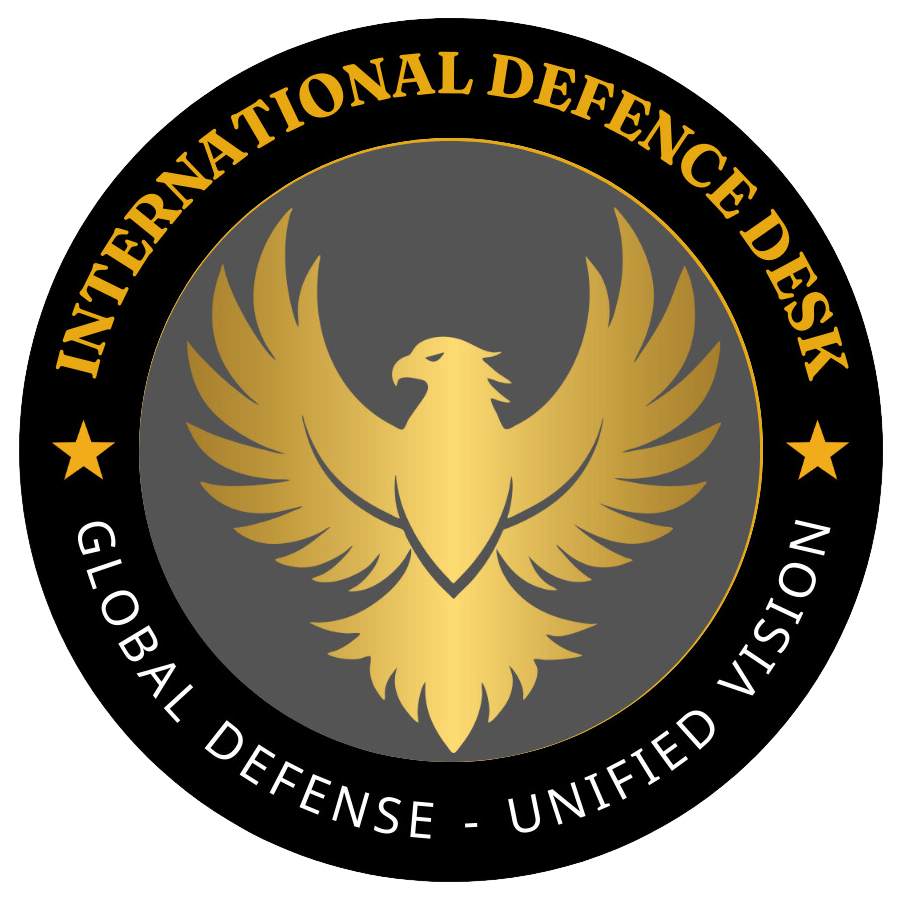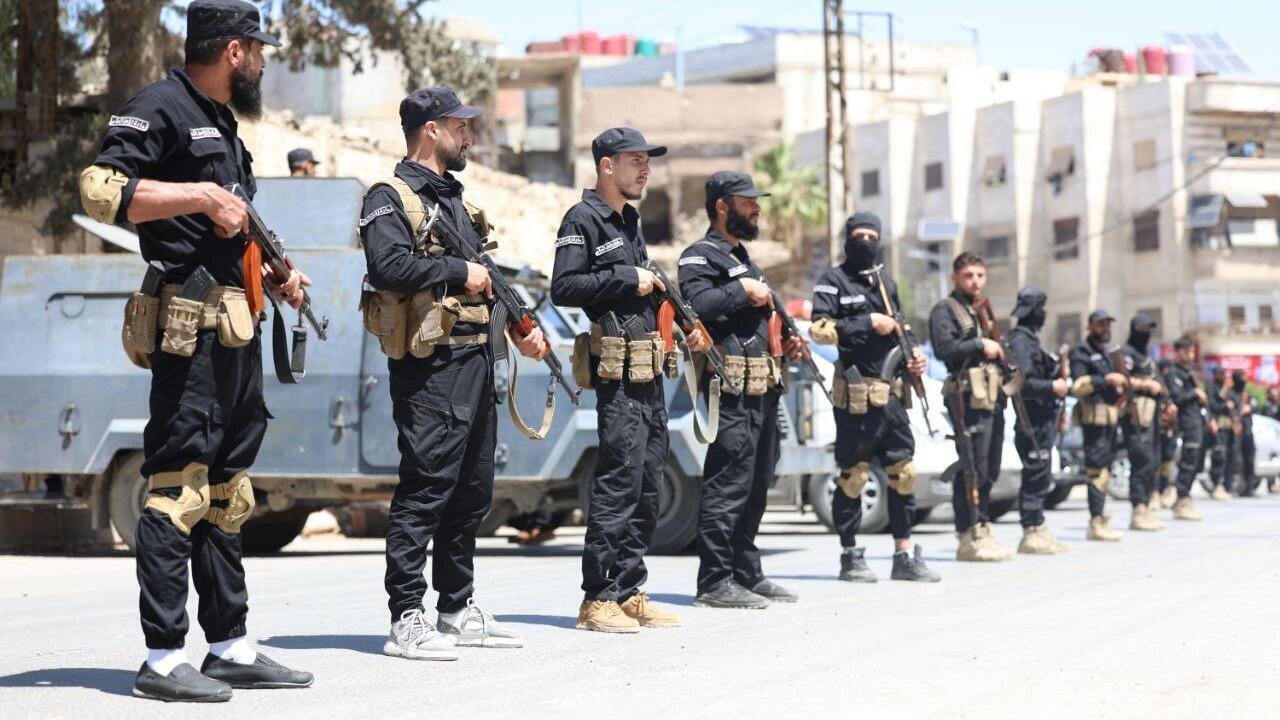
Introduction to Turkish Drone Technology
In recent years, Turkish drone technology has gained significant traction on the global stage, marking Turkey as an influential player in the rapidly evolving drone industry. The developments in this sector can be traced back to a combination of government support, military requirements, and strong academic partnerships that have fueled innovation. With key contributors such as Baykar and Turkish Aerospace Industries at the forefront, Turkey has positioned itself as a leader in drone manufacturing and development.
The historical context surrounding the rise of drone technology in Turkey is essential for understanding its current achievements. Initially, government initiatives aimed at enhancing national defense capabilities during the early 2000s saw crucial investments in research and development. This strategic focus led to the establishment of various specialized entities dedicated to drone technology, paving the way for subsequent innovations.
Baykar, one of the most prominent Turkish drone manufacturers, has made headlines with the production of the Bayraktar TB2, a drone that has received international recognition for its performance and efficiency. Similarly, Turkish Aerospace Industries has been instrumental in advancing unmanned aerial systems (UAS), fostering competition and encouraging technological breakthroughs within the industry.
Moreover, the collaboration between the Turkish government and academic institutions has played a pivotal role in nurturing a talent pool capable of driving future innovations. Universities and research organizations have engaged in extensive research, consistently contributing to the development of advanced drone technologies tailored to both civilian and military applications.
Overall, the combination of favorable governmental policies, robust industry participation, and enriched academic involvement has solidified Turkey’s standing in the global drone market. This foundation sets the stage for exploring the various innovations and impacts resulting from the growth of Turkish drone technology.
Technological Advancements and Innovations
In recent years, Turkey has made significant strides in the development of drone technology, showcasing remarkable advancements in various domains. Central to these innovations is the emphasis on enhanced navigation systems, which have vastly improved the operational capabilities of Turkish drones. These systems allow for better accuracy in positioning and tracking, thus facilitating missions that require precision, such as surveillance and reconnaissance operations.
One of the standout features of Turkish drones is their payload capabilities. Models such as the Bayraktar TB2 and Anka are equipped to carry a diverse array of payloads, including high-definition cameras, electronic warfare systems, and munitions. This versatility makes them invaluable assets in military operations, where they perform multi-faceted roles ranging from intelligence gathering to direct attack functionalities. The capacity to adapt to different missions as needed underscores the sophisticated engineering behind these aerial vehicles.
Another noteworthy advancement in Turkish drone technology is the integration of artificial intelligence (AI). This incorporation enhances the autonomous capabilities of drones, allowing them to analyze data in real-time and make informed decisions without human intervention. Such technological sophistication is particularly beneficial in disaster response scenarios, where drones equipped with AI can quickly assess damage, locate survivors, and facilitate efficient logistics.
The Bayraktar TB2, for instance, has gained international recognition for its effectiveness in various conflicts, proving not only its reliability but also its strategic importance in modern warfare. Similarly, the Anka has established itself as a formidable platform with its advanced interface and impressive endurance. These models exemplify Turkey’s vision and ambition in becoming a leading player in the global drone technology arena, reflecting a commitment to continued innovation and excellence in aerial systems.
The Role of Drones in Military and Civil Applications
In recent years, the proliferation of drone technology has transformed both military and civilian applications significantly. Notably, Turkish drones have emerged as pivotal assets in modern warfare, offering advanced capabilities that enhance tactical operations. These unmanned aerial vehicles (UAVs) enable forces to gather intelligence, conduct surveillance, and execute targeted strikes with precision. The usage of drones in conflicts, particularly in the Middle East, has showcased their effectiveness in asymmetric warfare environments, providing a considerable advantage to operators. For instance, the Turkish Bayraktar TB2 drone has been instrumental in various operations, playing a crucial role in counter-terrorism efforts and aiding in the defense against insurgent threats.
Moreover, the integration of drones into military strategies has facilitated enhanced reconnaissance capabilities. Through real-time imaging and data collection, these UAVs provide commanders with actionable intelligence, thereby allowing for informed decision-making on the battlefield. The flexibility and responsiveness of Turkish drones have proven to be game-changing, allowing military forces to adapt rapidly to evolving threats while minimizing risks to personnel.
Beyond military realms, the application of drones extends into critical civil sectors, illustrating their versatility. In agriculture, drones are employed for precision farming, enabling farmers to monitor crop health, optimize irrigation, and enhance yield efficiency. Their ability to cover large areas quickly makes them essential for effective resource management. Additionally, drones are increasingly utilized in infrastructure monitoring, where they assist in inspecting bridges, power lines, and pipelines, thereby ensuring safety and facilitating timely maintenance.
Furthermore, the role of drones in search and rescue missions cannot be understated. With their ability to navigate challenging terrains and provide aerial views, drones significantly enhance the efficiency of emergency services, delivering vital support during natural disasters. The multifaceted applications of Turkish drone technology highlight its transformative impact, demonstrating the importance of this innovation in both military and civil domains.
Future Prospects and Challenges in the Drone Industry
The future of Turkish drone technology holds significant potential, characterized by both exciting opportunities and formidable challenges. The landscape is poised for growth, driven by the increasing adoption of drones across various industries, including agriculture, surveillance, logistics, and defense. One notable trend is the potential for collaborations with international partners, which could enhance Turkey’s capabilities in developing advanced drone systems. By leveraging shared expertise and resources, these partnerships may open doors to new markets and broaden the scope of applications for Turkish drone technology.
Emerging markets represent another avenue for expansion. As the global demand for drones surges, emerging economies are likely to seek innovative solutions for local challenges. Turkish drone manufacturers may find lucrative opportunities within these markets, capitalizing on their agility and cost-effective manufacturing processes. Furthermore, advancements in drone regulations are anticipated to facilitate market entry, as governments worldwide develop clearer frameworks for drone operations. These regulatory improvements could bolster public trust, fostering wider acceptance of drone technology.
However, alongside these prospects, there are several challenges that could hinder progress. Competition from other nations, particularly those with established drone industries, presents a significant barrier. Countries like the United States and China are investing heavily in drones, and their technological advancements may outpace those of Turkish firms unless the local industry adapts swiftly. Additionally, ethical concerns surrounding the military use of drones cannot be overlooked. The implications of armed drones in conflict zones raise questions about accountability and civilian safety, potentially leading to stricter regulations that could impact development timelines.
Insights from industry experts suggest that while the trajectory of Turkish drone technology appears promising, a balanced approach must be adopted to navigate the complexities of global competition and ethical considerations. By prioritizing innovation and collaboration while addressing these challenges, Turkey can solidify its position as a leader in the drone industry.





